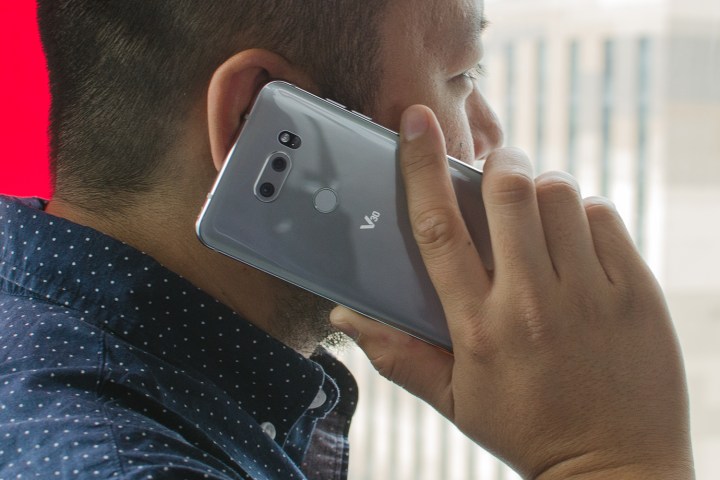
Speaking to China Business (via Sohu), LG blamed strong local competition for the move, with brands such as Huawei and Xiaomi (among various others) offering great devices at a fraction of the price that LG were able to offer its smartphones for. In fact, sales of Chinese smartphones continue to grow worldwide as companies like Huawei continue to push and innovate, offering great devices that rival established brands.
But LG’s failure was clearly not all about the competition. As Sohu points out, LG either could not or did not attempt to compete with the local brands, essentially sealing its doom. Globally, LG’s mobile division is not doing well either, with 2016’s LG G5 being blamed for that year’s lackluster sales performance — a trend that unfortunately continued into 2017, with sales of the LG G6 being poor, despite the warm reception from critics. That, again, led to losses being recorded in Q4 of 2017.
LG has also had to deal with damage to its major smartphone brands after the infamous “bootloop” bug caused many of its top flagships to “brick” — or become useless lumps of plastic and metal. This issue recently culminated with LG agreeing to pay either a refund or a rebate for a future LG device — but the damage to consumer trust even in established markets was severe.
LG must be hoping its run of bad luck will end with the LG G7, and while the company has backed out of revealing its new flagship at MWC 2018, it will be showing off the upgraded LG V30+ at the show. But with profits down, and interest in LG’s mobile brand seemingly down across the board, backing out of the Chinese market seems like the least LG can do to try and minimize losses and weather the storm.
Editors' Recommendations
- Look who just replaced Samsung as king of the global smartphone market
- The 6 worst LG smartphones of all time, ranked
- LG finally leaving the smartphone biz through shutdown or sale?
- LG Wing smartphone flies high with a crazy rotating screen
- LG Velvet vs. iPhone 11: Solid hardware vs. solid software


